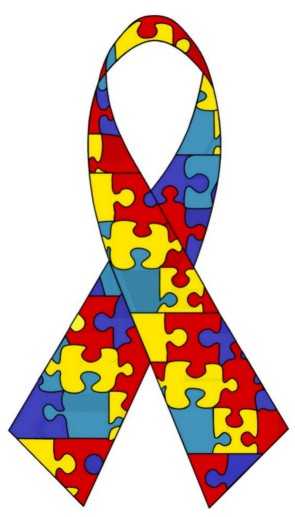 It’s just a report on 3 patients, but it’s important because some people with autism are already taking St. John’s wort.
It’s just a report on 3 patients, but it’s important because some people with autism are already taking St. John’s wort.
First, the details.
- 3 male patients with autistic disorder participated.
- In each patient, their eye contact and expressive language were inadequate for their developmental level.
- None of these patients tolerated or responded to other psychopharmacologic treatments (methylphenidate [Ritalin], clonidine [Catapres], or desipramine [Norpramin, Pertofrane]).
And, the results.
- There was slight improvement with St John’s Wort in parent and mentor ratings based on the Aberrant Behavior Checklist (ABC), irritability, stereotypy, and inappropriate speech.
- ABC is a 58-item rating scale that measures the effects of drug treatment in individuals in residential facilities.
- There was no improvement in healthcare professionals’ ratings (Psychiatric Rating Scale Autism, Anger and Speech Deviance factors; Global Assessment Scale; Clinical Global Impressions efficacy).
The bottom line?
A survey of 417 families in the Autism Society of Ohio in 2003 revealed that 46% were using some form of psychotropic agent (including St. John’s wort and melatonin), whereas 12% were using an anti-epilepsy drug, and 10% took an OTC autism preparation.
So, the findings in these 3 patients should be of interest (but probably not encouraging) to these families and healthcare professionals who care for patients with autism.
4/2/09 20:26 JR